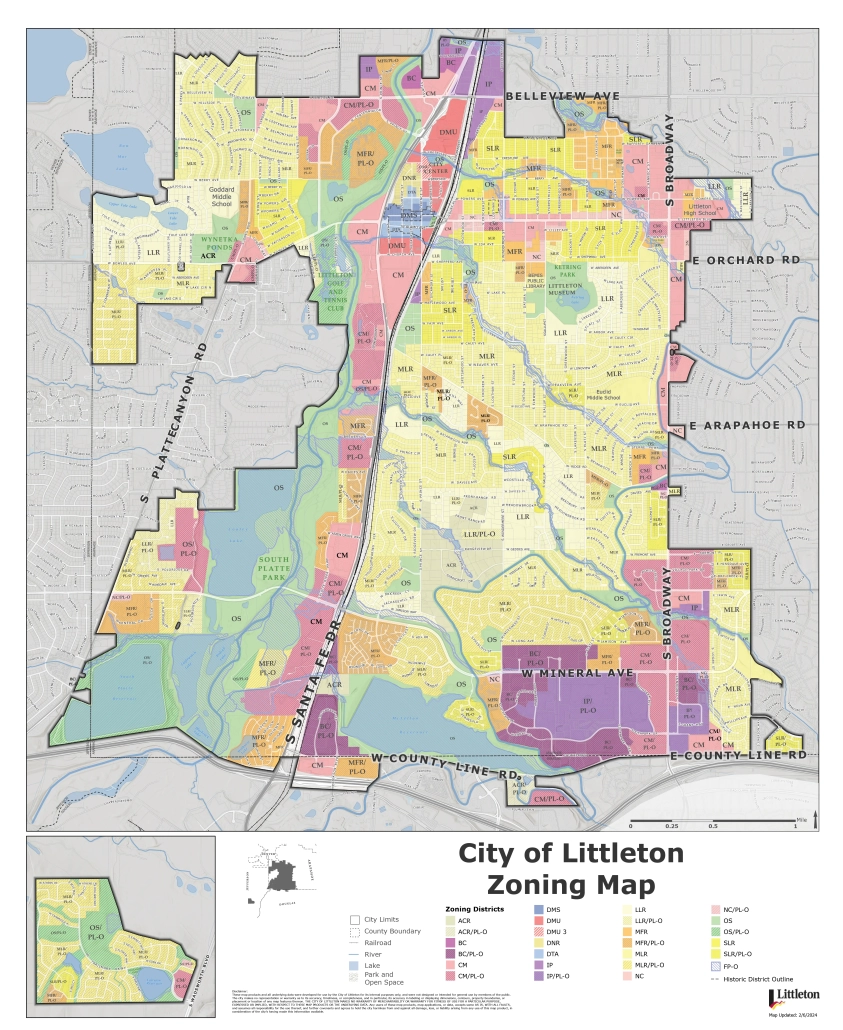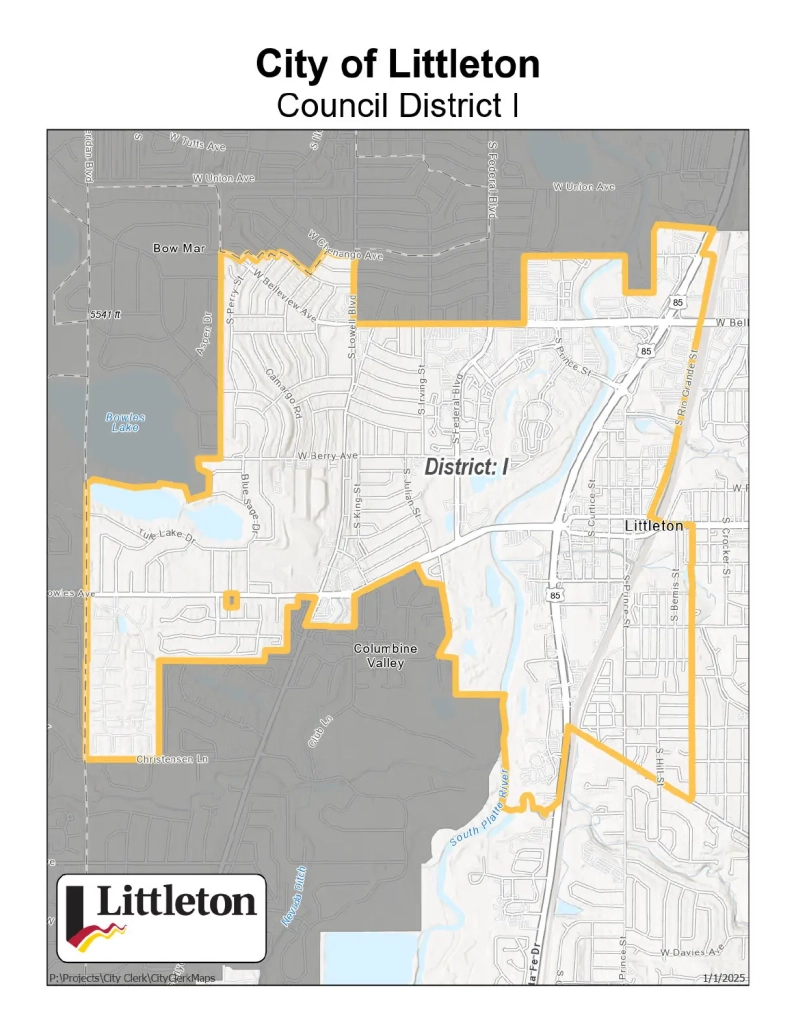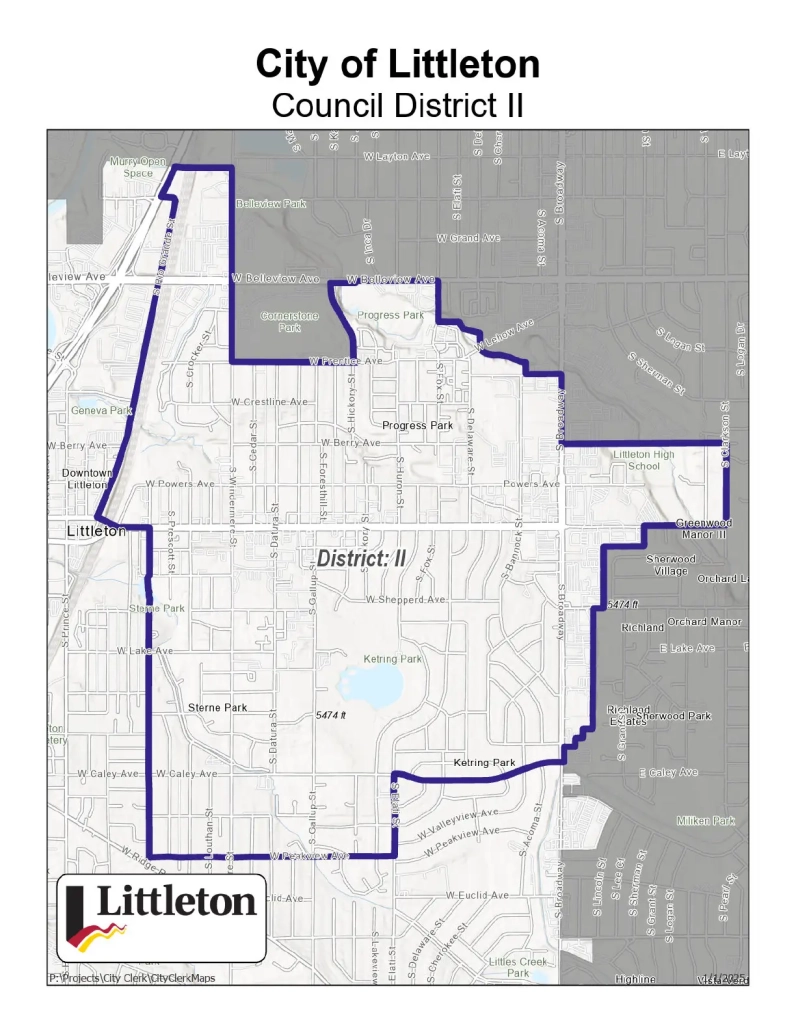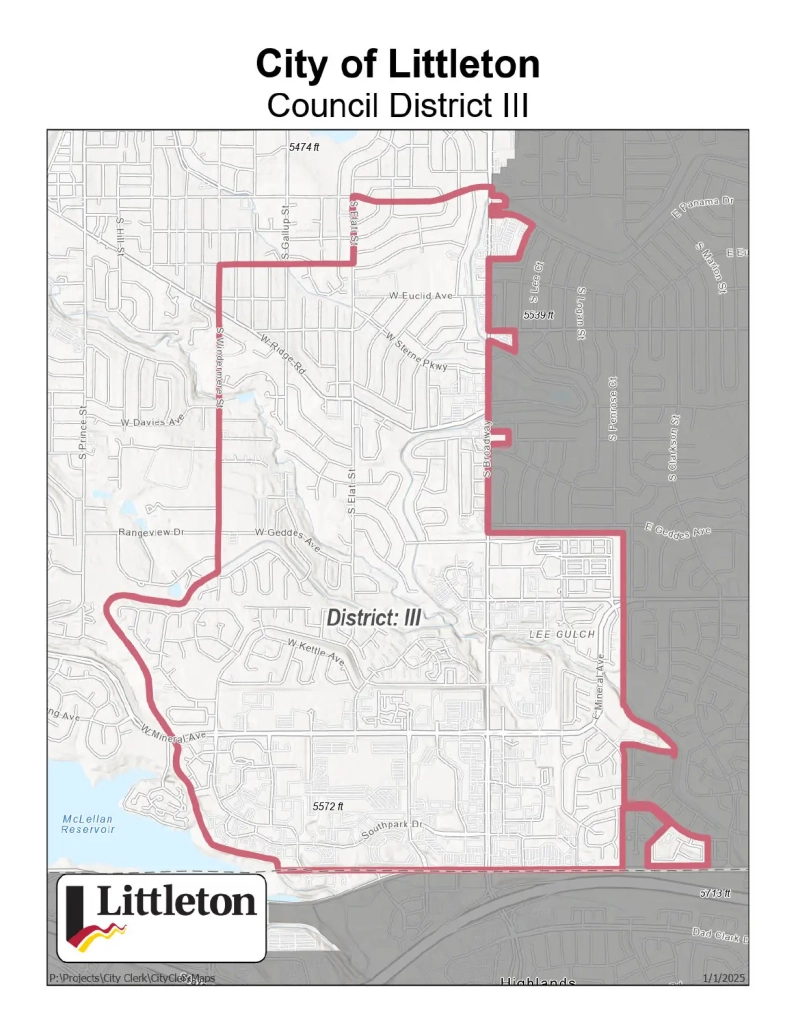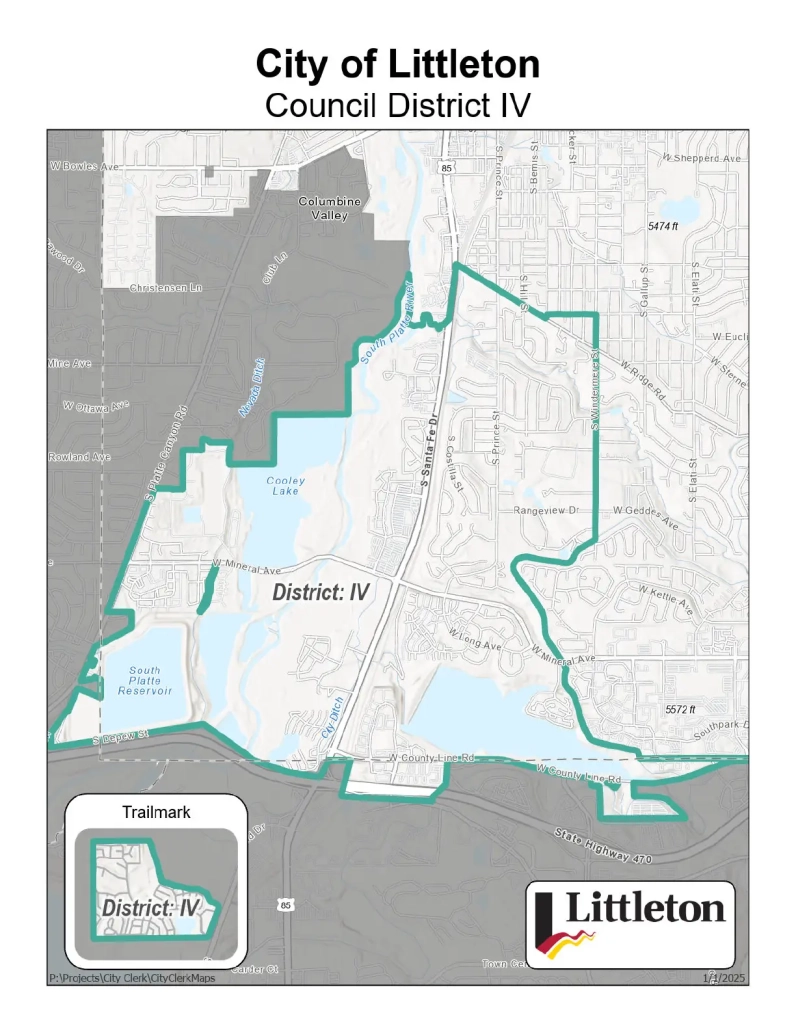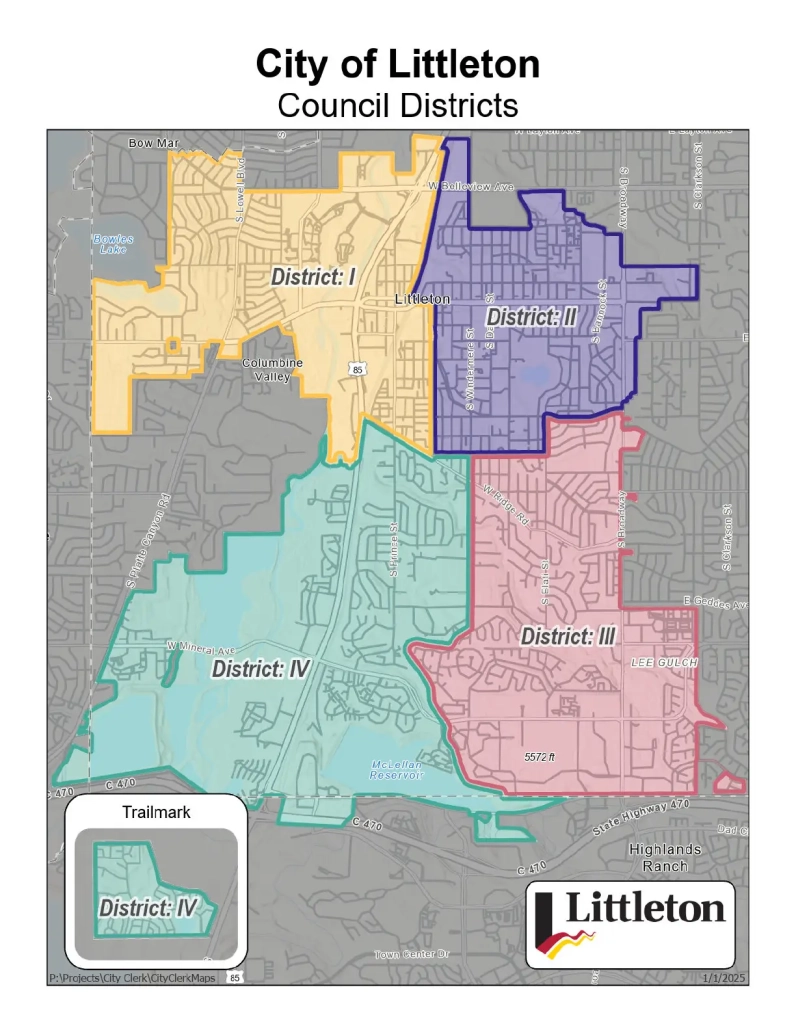WE WON!
Now the real work starts.
It was a long, hard-fought election but in the end, the residents of Littleton overwhelmingly voted to preserve the small-town charm of Littleton by protecting single family residential neighborhoods through our charter amendment. However, many at city council have vowed to try to unwind amendment 3A, so we need to work with city council to ensure the spirit of 3A, and your voice, is represented in any long-term housing solution that affects single family residential land use and zoning in Littleton neighborhoods. Please stay tuned for updates.
WHY LITTLETON NEEDS A CHARTER AMENDMENT FOR ITS HOUSING SOLUTION
Preserve Littleton’s small-town charm and beauty. Littleton residents choose not to live in Denver for a reason. Pave over Littleton’s small-town charm and beauty and you start to get Denver. Replace yards for kids with more multiplexes and you start to get Denver. Stop requiring developers to provide parking with new housing starts and you start to get congested streets like Denver. The proposed charter amendment provides time to construct positive housing solutions where they are needed in Littleton, not just anywhere developers want them.
Listen to Littleton. 76% of the survey participants said they want a voice in all major housing legislation, especially as it relates to adding duplexes, triplexes and multiplexes in currently zoned single family residential neighborhoods. The proposed charter amendment will give the people of Littleton a seat at the table in determining future housing legislation.
Littleton is five years ahead of plan. Littleton has over 3,000 new home starts planned for 2025 and the State’s new ADU legislation begins July 1, 2025, making ADU construction permissible on every single-family residential lot in Littleton. This puts Littleton nearly five years ahead of its 20-year housing target of 6,500 new homes by 2040 as detailed in the Littleton’s Comprehensive Plan, Envision Littleton. If Littleton City Council wants to move the goal posts and change the city’s long-term housing plan for 6,500 new homes by 2040, the proposed charter amendment would require them to involve the residents of Littleton and let people vote on it.
Positive solutions, not panic solutions. Rooted in Littleton’s goal is to create a positive long-term solution to Littleton’s housing needs. To do that, we need to digest the current flurry of building and then decide if we need to revise our 20-year housing goal. We will not be deceived by panic-driven solutions manufactured by politicians promoting election-time agendas. The proposed charter amendment provides time to do that.
Stand up for Littleton. Littleton is a home-rule city which means we have the right to determine our housing priorities. Unfortunately, our mayor and most of our city council have been reluctant to advocate for our home-rule rights. The State continues to create legislative proposals attempting to erode our home-rule rights with a top-down, one-size-fits-all approach that could strip our community of its uniqueness. Now they’ve added the threat of withholding funds. And the idea of “Be like Denver or else” is not an acceptable way to plan Littleton’s future housing needs. While the proposed charter amendment cannot protect us against state-overreach, it will clearly show that the State is violating the will of the people if they continue to impose their will on our local housing policies. Our Charter Amendment will not protect us from state overreach, but it will protect us from future overreach efforts by our city council.
Petition to Amend the Littleton City Charter to Protect Single Family Residential Zoning
Whereas on January 7, 2025 Littleton’s city council, through a text change to the Uniform Land Use Code, attempted to rezone most residential properties in Littleton, allowing duplexes, triplexes, and multiplexes in single-family residential neighborhoods. While their effort failed, this issue is still in consideration by some members of the city council. Therefore, shall the following proposed amendment to the Littleton City Charter be submitted to voters at the next regular election on November 4, 2025?
Section 65.5 — Preservation of Neighborhood Land Use Restrictions.
Shall Section 65.5. Preservation of Neighborhood Land Use Restrictions, be added to clarify the intent of the citizens to preserve single-family residential land use and ensure that current and future owners of property in certain residential zoning districts may rely on restrictions on land uses that protect their properties. Accordingly, land uses of properties presently permitted under the Littleton Unified Land Use Code (ULUC) within zoning districts Small Lot Residential (SLR), Medium Lot Residential (MLR), Large Lot
Residential (LLR), and Acreage Residential (ACR) are limited to uses specified therein as of January 1, 2025.
Furthermore, any action by Council to initiate any comprehensive rezoning and official zoning map amendments, including text changes, shall first require notification to all affected property owners by first-class mail delivered by the United States Postal Service. Nothing herein shall prohibit or prevent a property owner from seeking rezoning of the owner’s property.
YOUR VOICE & YOUR VOTE MATTERS
You spoke, we listened. Many people still feel unheard on the Littleton housing density issue. So we hired a professional survey and polling company and asked over 1,100 residents what they’d like to see happen here.
News Articles
The Fleck Sisters Letter
I wanted to send out an email with regard to the conversation we had around density and affordable housing in our last advisory meeting. As someone who has spent time with both proponents and opponents of rezoning Littleton in order to allow for unchecked building of multifamily units throughout the city, I want to encourage the Next Gen Board to do its own research and be wary of the politicization happening around this issue.
Metro Denver has most unsold listings since ’11
Metro Denver’s housing market now has more unsold listings available than at any point since 2011, with 13,599 properties looking for a buyer at the end of May, according to a monthly update from the Denver Metro Association of Realtors.
That is nearly 50% higher than the 9,159 listings available a year ago and 6.5 times the tight 2,075 listings available in May 2021, which marked a record low for that month.
Suburban Denver city, the latest flashpoint in Colorado’s housing affordability saga, feels squeezed by density pressures
It took Spencer Hanks nearly a decade to buy a house in Littleton.
About halfway through his search, he said, he thought he had landed a place near downtown. At the last minute, an out-of-state buyer came in with fistfuls of cash and dropped $50,000 above his offer. His dream home — so tantalizingly within reach — now belonged to someone else.
PR: LITTLETON SAYS NO TO CALI-RADO: HOMEOWNERS PREPARING TO FIGHT STATE OVERREACH
LITTLETON, CO — After successfully defeating a proposed citywide housing density mandate on January 7, Littleton homeowners are gearing up for a bigger battle—this time, against potential state-level intervention.
“If our city leaders won’t stand up for Littleton, we will,” said Tammy Whitney, President of Rooted in Littleton, a newly formed citizens’ group. “I love this city, and like many longtime residents, I don’t want to see Colorado turn into another California.”
Colorado’s big land-use bill, explained
Gov. Jared Polis and influential Democrats want to open up large swaths of Colorado’s cities to denser development and make fundamental changes to how growth happens in Colorado.
The bill, which is simply titled “Land Use,” is one of the longest pieces of legislation being debated at the capitol this year. We read through the 105-page draft and talked to experts.
Local leaders oppose Polis housing bill for taking away local control
As Gov. Jared Polis works to find a solution to the lack of affordable and attainable housing in Colorado, local leaders are voicing concerns over the sweeping legislation proposed through the state Legislature known as SB23-213.
The bill would preempt a great deal of local control over land use by setting state mandates for greater housing density and reduced parking requirements.
A new Colorado law opens the doors wider for ADUs. Here’s what it does — and doesn’t do.
Colorado House Bill 24-1152, which Gov. Jared Polis signed in May, represents an important step forward in boosting the supply of affordable housing in the state’s population centers that need it most. The law, which goes into effect on June 30, 2025, makes it easier for most Colorado residents to build an accessory dwelling unit (ADU, a.k.a. casita, in-law suite, or granny flat).
People in Colorado Springs have mixed feelings about the city’s proposed ADU ordinance
COLORADO SPRINGS, Colo. — Colorado Governor Jared Polis signed House Bill 1152 into law this year, aiming to boost the supply of affordable housing by allowing homeowners of build Accessory Dwelling Units.
Denver‘s top elected officials oppose Polis administration’s ‘fundamentally flawed’ housing proposal
Denver Mayor Michael Hancock and Denver City Council President Jamie Torres on Wednesday broke their silence on the Polis administration’s land use plan, issuing a joint statement condemning Senate Bill 213 as a “fundamentally flawed” proposal that Denver’s municipal government opposes
Gov. Polis’ plan to tackle the housing crisis sees some victories but an uncertain future
Governor Jared Polis’ wide-reaching plan to tackle Colorado’s housing affordability crisis cleared some major hurdles in the state legislature this week but faces an uncertain future nearly a year after lawmakers rejected a similar proposal.
“It’s about how we live as a people, as a state,” Polis said. “From the statewide picture, this is part of our work to make housing lower cost for people, and that includes allowing more housing to be built.”
A Colorado town defies the guv’s agenda
It was encouraging to see a Colorado municipality back off plans to push denser housing on its residents, as reported by The Gazette last week. The Littleton City Council wisely relented to public outcry.
The council’s decision to shelve plans for multifamily housing in some single-family neighborhoods in the historic, south-metro Denver community was a welcome development — particularly because of its broader implications.
For one thing, it reaffirmed the fundamental duty of local governments to be responsive to their citizens above all else. It’s what Thomas Jefferson meant about the government closest to the people serving the people best.
How Density Impacts Community
The effectiveness of structure hardening is dependent on the potential fire exposure from neighboring structures, wildlands, and other fire sources. Fire hardening can be an effective mitigation method in certain spatial situations where structures are located far enough apart that exposures are moderated and fuel removal or displacement is not possible. Protecting a home from direct flame exposures can be difficult and expensive, and is likely ineffective for the highest exposures, such as from a burning neighboring home.

